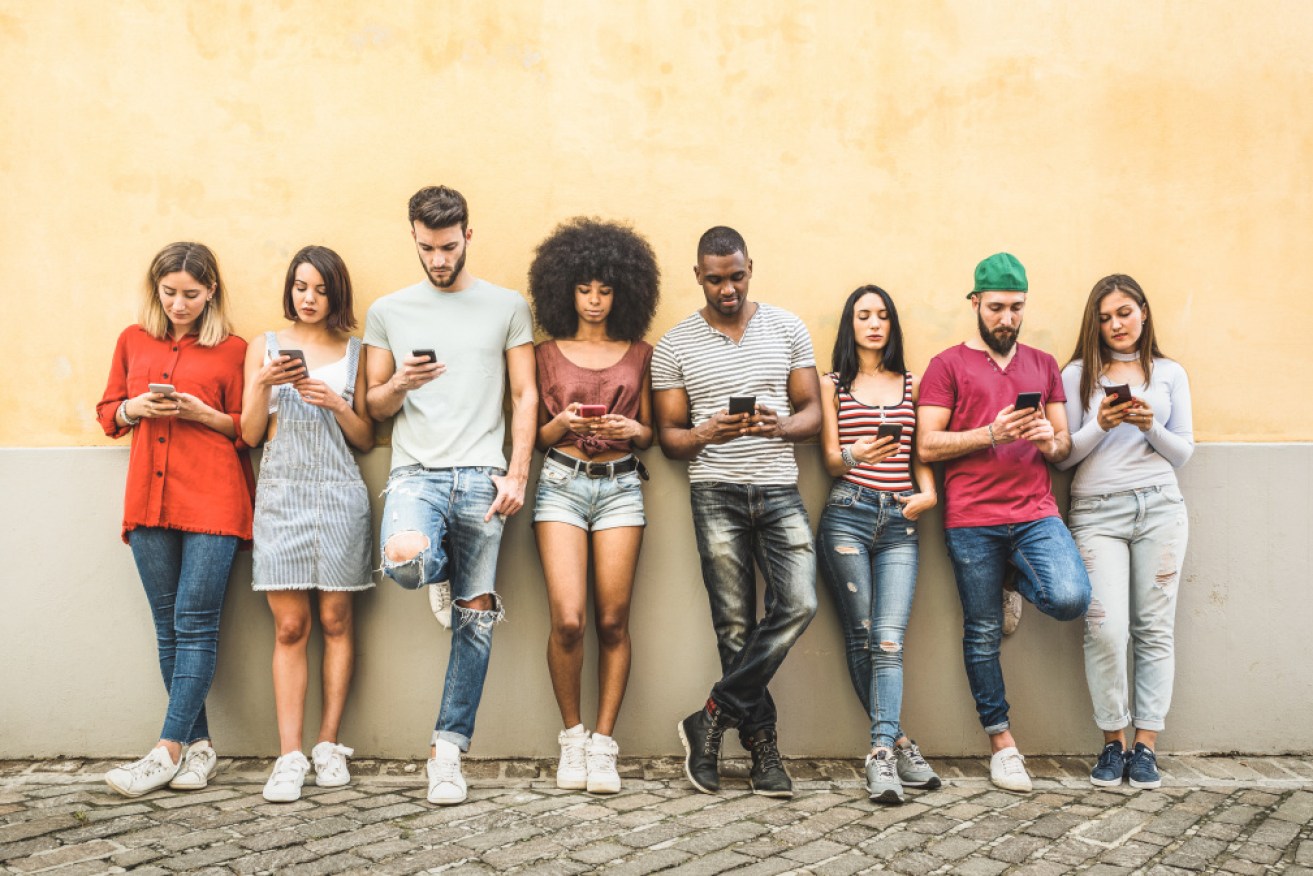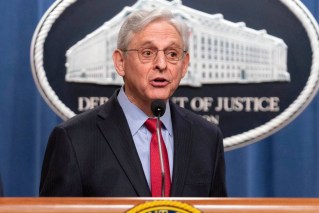Online and on trend: Gen Z and the Black Lives Matter movement


Over a third of Gen Zers have stopped purchasing from brands that support beliefs that do not align with their own. Photo: Getty
Generation Z do not differentiate between online and in-person social activism, and are distrustful of politicians, a new study has found.
The Centre for Generational Kinetics investigated attitudes about digital culture among Gen Z (born between 1996-2015), and found that 76 per cent believed their participation in a social movement, like Black Lives Matter, could be done through social media.
Gen Z are also more likely to participate in financial activism by spending their money on brands that were seen to hold the same values. Some 75 per cent of the cohort, which featured respondents from Australia, the US and the UK, said they were more likely to support companies that contribute to social causes.

Three quarters of Gen Zers believe they can join a social movement by engaging online. Photo: Getty
Mark Randall, country manager at WP Engine ANZ who commissioned the study, said the third annual study on Gen Z unearthed some interesting trends about their attitudes towards social media and activism.
“Because they’re the first digital native generation, they don’t really distinguish between the online world and the offline world in the way that previous generations do,” Mr Randall told The New Daily.
“The ‘slacktivism’ term has been thrown around as a label for that by some, but it’s really unfair because they fundamentally don’t see online as less important or ineffective, and I think the Black Lives Matter campaign is a really good example of that.
“Black Lives Matter is the third-most-used social issue hashtag in Twitter’s history in 10 years.”
It’s not just an ever-increasing engagement in online social movements that sets Gen Z apart from previous generations – the study also found they are more sceptical of politicians, and place more value in internet leaders.
“Seventy-eight per cent believe that the internet has made people more connected, while at the same time there is a big mistrust of politicians. So they view internet leaders as being more important than political leaders,” Mr Randall said.
“There is an element distrust of traditional channels of leadership.”
Over three quarters of those interviewed also stated they are more likely to take the word of an internet influencer over family and friends.

AI generation: Gen Zers expect smarter algorithms that can predict what they want. Photo: Getty
Web or die…
While Gen Z appears to be leading the pack with online engagement in social movements, they are also the most likely to rely on the internet day-to-day.
Those feeling uncomfortable after four or more hours without internet access came to 52 per cent, while 67 per cent said the internet would determine what they do on a daily basis.
“When we look forward to the next five years, Gen Z have very high expectations for personalised, predictive digital experiences and very positive expectations for things like AI – artificial intelligence, which in general, society has been very wary of,” Mr Randall said.
“Also very high expectations for video to take over, and for virtual reality and augmented reality, so there are definitely some key trends that report where this generation are expecting things to go.”








